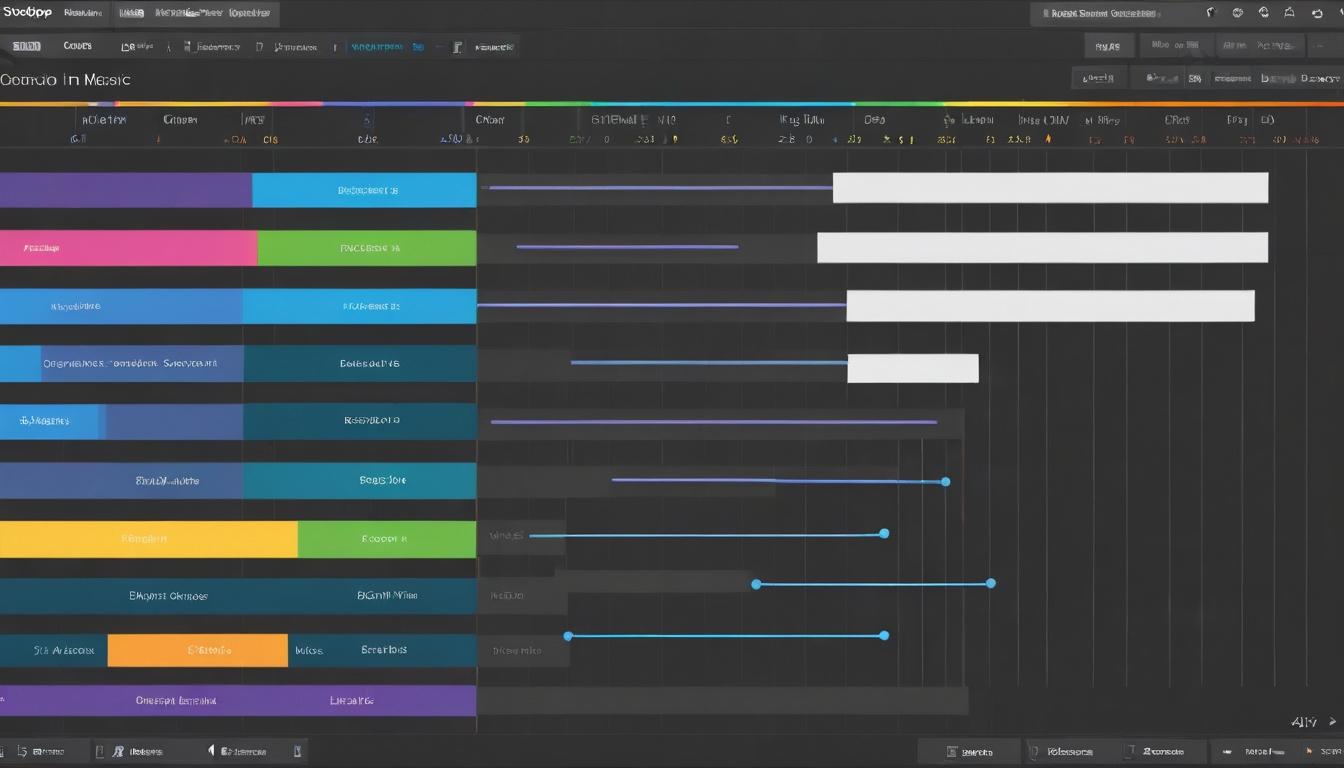In the dimly lit corners of recording studios across Los Angeles, London, and Berlin, a quiet revolution is taking place. Film composers, long considered mere background artists, are now stepping into the spotlight as architects of emotional narrative. The recent surge in streaming content has created an unprecedented demand for original scores, pushing composers to innovate at breakneck speed while maintaining the artistic integrity that defines great film music.
What separates today's groundbreaking scores from yesterday's background filler? The answer lies in the deliberate blurring of lines between traditional composition and sound design. Composers like Hildur Guðnadóttir (Joker, Chernobyl) have demonstrated how minimalist approaches can create maximum emotional impact. Her use of visceral, almost physical soundscapes proves that sometimes less instrumentation creates more psychological depth.
The digital revolution has democratized film scoring in ways never imagined. Where once only major studios could afford full orchestras, independent filmmakers now access world-class virtual instruments and remote recording sessions. This accessibility has unleashed a wave of diverse voices from previously underrepresented communities, bringing fresh perspectives to cinematic storytelling.
Video game music represents perhaps the most exciting frontier for modern composers. Unlike linear film scores, game music must adapt dynamically to player choices, creating what industry insiders call "adaptive audio." This requires composing not just themes, but entire emotional ecosystems that shift seamlessly based on gameplay. The technical challenges are immense, but the creative rewards are redefining what music can do in interactive media.
Behind every great score lies a fascinating collaboration between director and composer. The most successful partnerships resemble intense psychological dances where egos must yield to shared vision. Directors like Christopher Nolan and Denis Villeneuve have developed near-telepathic relationships with their composers, often beginning musical discussions during pre-production rather than post-production.
The business side of film scoring reveals equally compelling stories. With soundtrack albums generating significant revenue and concert tours of film music selling out major venues, composers are becoming brands themselves. This commercial success has created new pressure to balance artistic innovation with marketability—a tension that fuels both creative breakthroughs and industry controversies.
Perhaps most surprisingly, film music is experiencing a renaissance in academic circles. Universities now offer dedicated programs in scoring for visual media, while musicologists analyze film scores with the same seriousness previously reserved for classical symphonies. This scholarly attention validates what audiences have always felt instinctively: that great film music stands as art independent of its visual counterparts.
The future promises even more radical evolution. Artificial intelligence tools are beginning to assist composers with orchestration and thematic development, though most professionals insist technology will augment rather than replace human creativity. Meanwhile, immersive audio formats like Dolby Atmos allow composers to place listeners inside the music itself, creating three-dimensional sound worlds that envelop audiences completely.
What remains constant amid all this change is music's primal power to make audiences feel something deeper than what appears on screen. The best film scores don't merely accompany images—they reveal truths about characters that dialogue cannot express and visuals cannot show. In an age of visual overload, film music has become the secret language that speaks directly to our emotions, bypassing intellectual barriers to touch something essentially human.
As streaming platforms compete for subscribers through original content, the demand for distinctive musical voices has never been higher. This golden age for film composers comes with increased pressure to create instantly recognizable sonic identities—the audio equivalent of a directorial style. The composers who will define the next decade understand that great film music doesn't just serve the story; it becomes inseparable from it.
The unsung heroes: how film composers are revolutionizing storytelling beyond the screen

